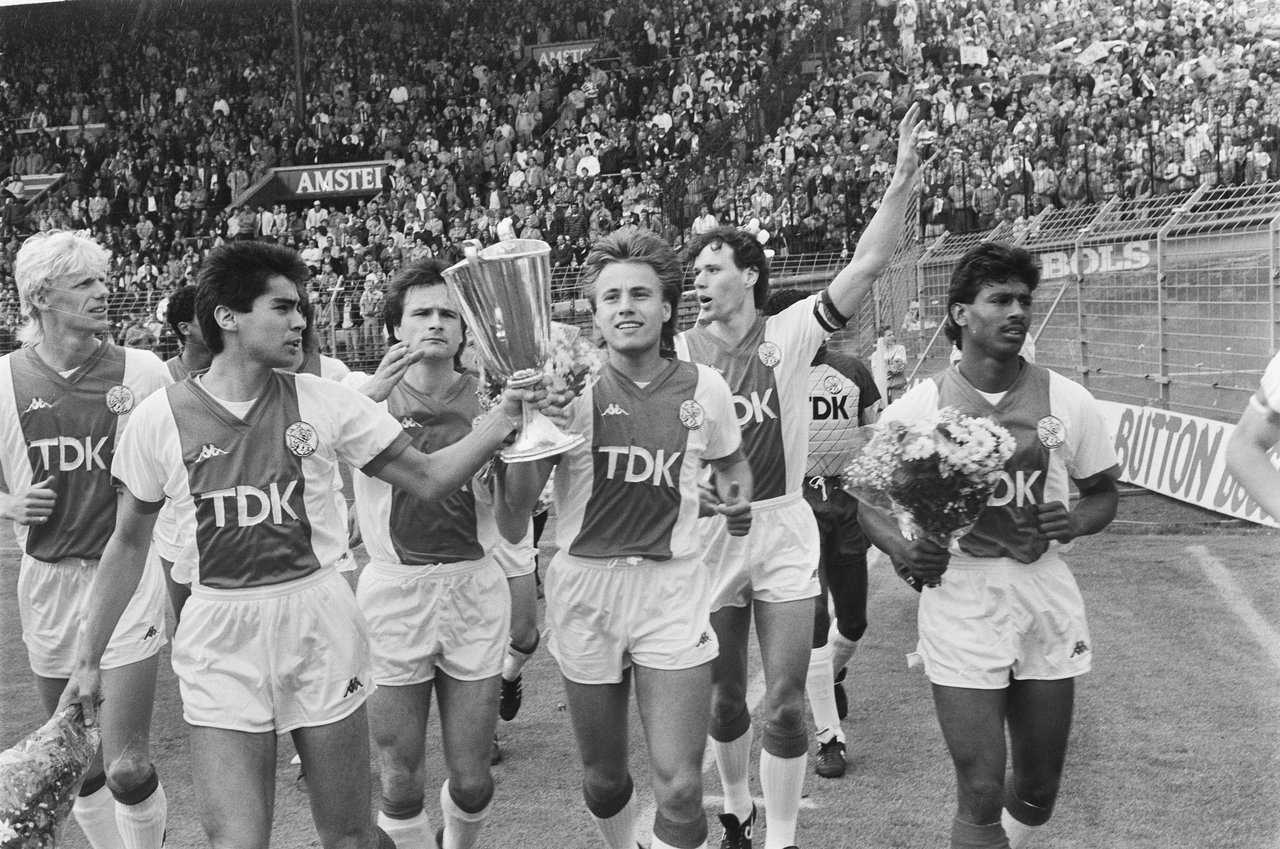As the mantra ‘do more with less’ continues to prevail in both public and private sectors, it has never been more critical for organisations to adapt in order to survive. But these are extremely challenging times; customer service demands are higher than ever and complex multi-faceted queries are expected to be resolved at the first point of contact with minimal time and input from the customer themselves.
We need look no further than the turnaround of Ryanair to see the business impact that a customer service drive can have, prompting CEO Michael O’Leary to comment; ‘If I had known being nicer to our customers was going to work so well I would have done it years ago’.
> See also: 7 million 18-30 year olds demand WhatsApp style customer service
McKinsey reports that chief executives want immediate value from IT software to support growth in the face of competition, so how can increasingly higher levels of customer service be realistically maintained when many organisations have less time and more budget restraints? The answer can be analogised in a world beating Dutch football philosophy, a combination of strategic technology investments, and the rise of the ‘Super Service Agent’.
Masters of the beautiful game
The Total Football philosophy was first pioneered by the most successful Dutch team in history, Ajax, and the Netherlands’ national side in the 1960s. It led to one of the greatest eras of dominance in footballing history, with the likes of Johan Cruyff stunning the crowds.
Both at a club and international level, the central core of this philosophy was the concept that any player could instantly take over the role of any other player in a team when necessary. So in essence, while the organisational structure remains in place, there is a fluid and dynamic style in which every player was able to feed off each other, creating a team that was far greater than the sum of its individual parts. However, the philosophy places high technical and physical demands on the players.
Rise of the super-agent
So how could a 50-year-old Dutch footballing ideology possibly have any relevance to the modern landscape of customer service? The correlation is much greater than you might think. Applying this philosophy to the contact centre is essential in the training and development of ‘Super-Service-Agents’; individuals working as part of a dynamic team, all of whom are capable of dealing with any incoming query, regardless of topic or complexity, in an expedient and efficient manner.
The need for these ‘experience superheroes’ is increasingly being driven by ever more demanding customers. They not only expect a higher standard of service from the organisations they interact with, but also a more practical process where they are not bounced between agents or departments; they want inquiries, questions or complaints dealt with at first contact.
To achieve this, Super-Agents must be thoroughly trained and provided with detailed customer information and history at their fingertips. From recent transactions, to billing and prior correspondence, this needs to be displayed in an easily accessible and understandable format, to facilitate the very best customer experience.
But it’s not all about the front line. Keeping pace with customer demands in the modern environment requires organisations to effectively capture customer interactions and feedback, while examining their journeys across multiple channels, analysing and interpreting this data in the context of business objectives. This will facilitate a better response to customer, business, and market demands.
By harnessing the technological power behind the Super-Agent, organisations can deliver consistent, contextual and personalised customer experiences. The actionable intelligence derived from these processes can be used to enhance enterprise performance, customer and employee engagement, and consumer loyalty.
The powers behind the cape
So, this philosophy and intentions are all well and good, but, in the absence of actual Superman-esque powers, for this to be realised, it must be fundamentally underpinned by intelligent technology systems. This is the vehicle behind putting comprehensive customer information and history at the fingertips of every agent, in an expedient and accessible manner.
Internal siloes must be broken down, data sharing must be optimised and buy-in must be secured from all members of the team. But, once this has been achieved, you will be left with an all-conquering customer service team of Super-Service-Agents that even Johan Cruyff would be proud of!
Sourced from Marije Gould, Vice President EMEA, Verint










